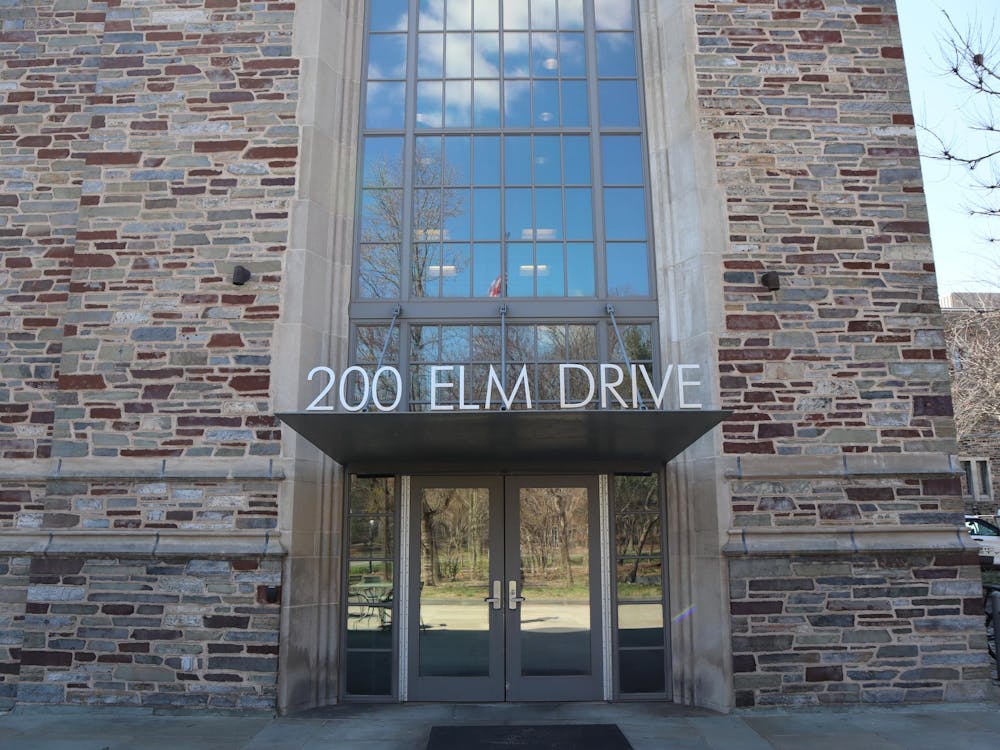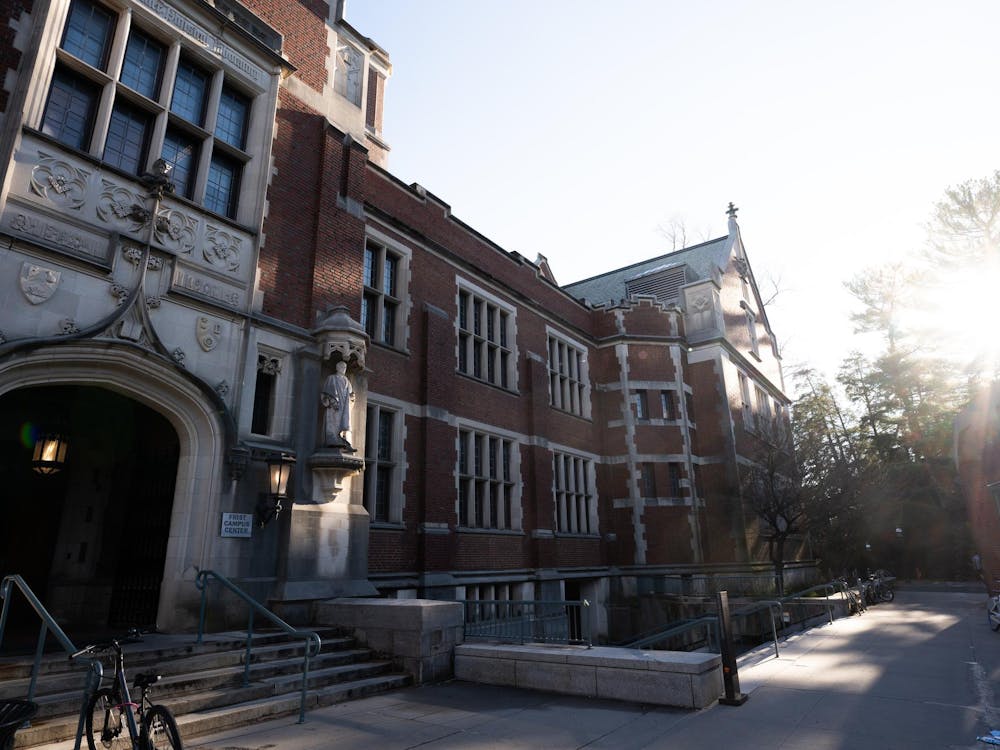This week, students in CHV 310: Practical Ethics face an intellectual question with real-world consequences: Which of several charitable causes is most worthy of their support? Each of the course’s 32 precepts has been given $100 to donate to an organization of students’ choice.
The exercise, which forces them to choose between organizations that benefit people in developing countries and first-world academic organizations, supplements the course’s discussion of the ethics of charity and effective altruism.
Bioethics professor Peter Singer, who instructs the 390-student course, said he got the idea from A Path That’s Clear, an organization that conducts “giving games” on its website in order to show people how they can solve ethical problems that society faces today.
“Why not give [students] an exercise to do in the precepts that actually makes a difference to the world, rather than just doing it in a theoretical way?” Singer said.
The students are allowed to choose between four charities: The Fistula Foundation, GiveDirectly, The Future of Humanity Institute and Princeton University.
Both the Fistula Foundation and GiveDirectly are charities that aim to aid people in developing countries. The Fistula Foundation provides surgery to treat obstetric fistula, a debilitating condition common in developing countries that can affect a woman when childbirth becomes disrupted, according to its website. GiveDirectly transfers cash payments directly to people who live in extreme poverty, according to its website.
Singer explained that he chose to include these organizations because giving to developing countries can be seen as the most effective kind of philanthropy.
“There’s a good argument for saying that [giving to developing countries] is likely to be the most effective thing you can do with charitable donations because, given the difference in purchasing power that exists between countries like this one and developing countries, you do make a greater impact on people’s lives,” he said. “We put the other [charities] there to get people to consider whether that’s right.”
The Future of Humanity Institute is an organization at the University of Oxford that takes an interdisciplinary approach to research issues important to the future of the human race and aims to promote informed public engagement regarding these issues.
In each precept, students rank their choices for the charities. If no charity receives a majority of first-place votes in the first round, the students’ second-choice votes are consulted.
Singer said the students were given only four choices in order to focus their discussion. However, Tai Hirose ’15 said he wished the types of charities had been more diversified. His Monday precept chose to donate to GiveDirectly.
“In my opinion, the four organizations that were listed made it so that GiveDirectly was sort of a natural choice," Hirose said. "We had a unanimous decision. It would have been more interesting if we had included other organizations mentioned by GiveWell, like the Against Malaria Foundation.”

The students were introduced to both GiveDirectly and the Fistula Foundation in a lecture given before break by an organization called GiveWell, which evaluates the effectiveness of charities. Via video link, one of the cofounders of GiveWell, Holden Karnofsky, spoke to the class, Singer explained.
“[GiveWell] are the leaders in rigorous assessment of charities,” Singer said.
Seven course preceptors contacted for this article did not respond to a request for comment. Jens Klenner GS, a preceptor for the course, could not be reached for comment by press time.








